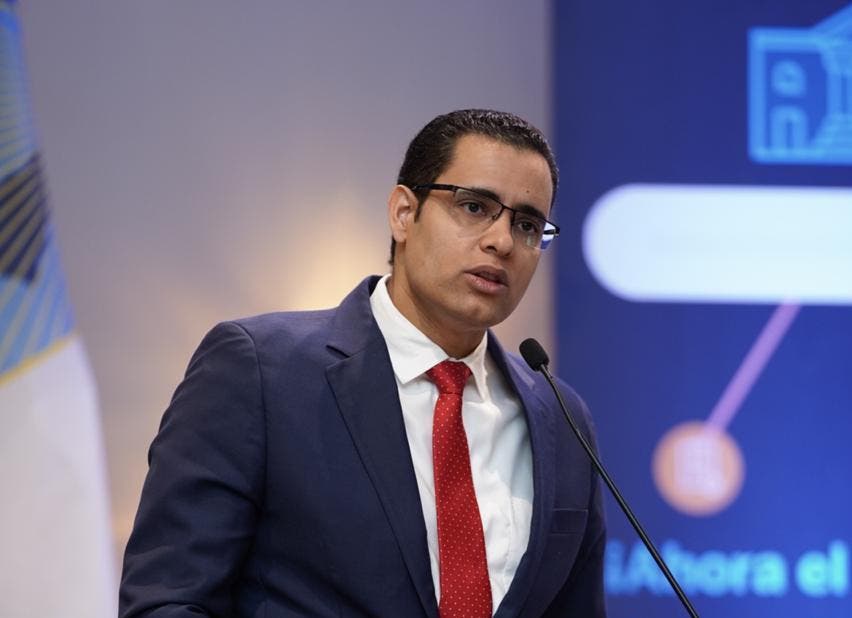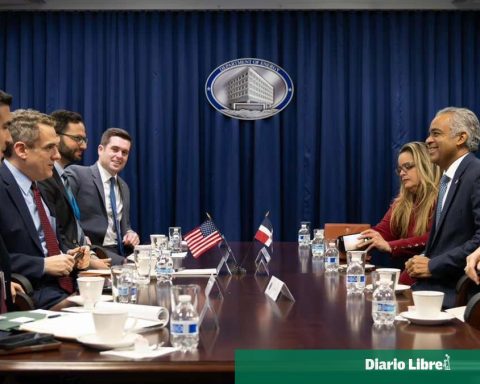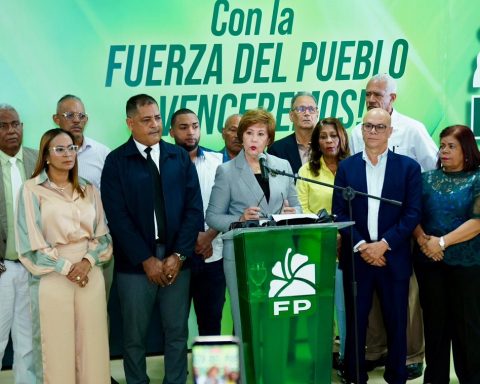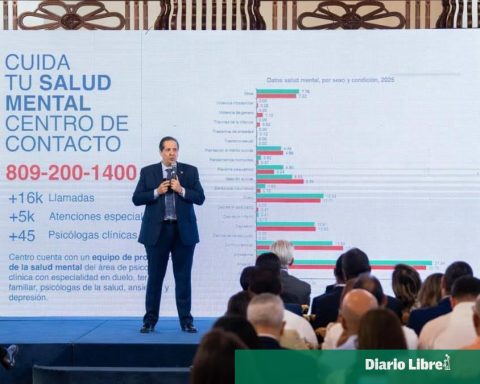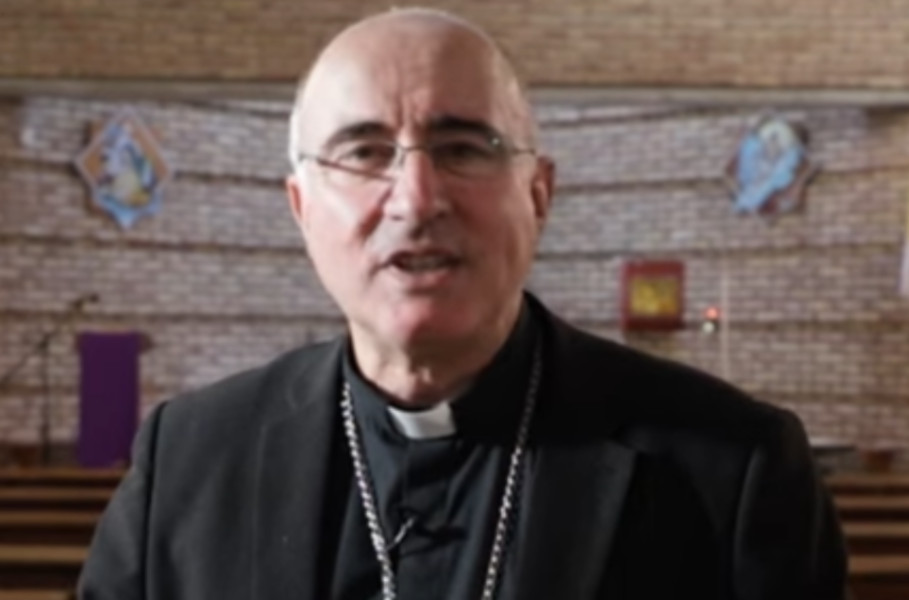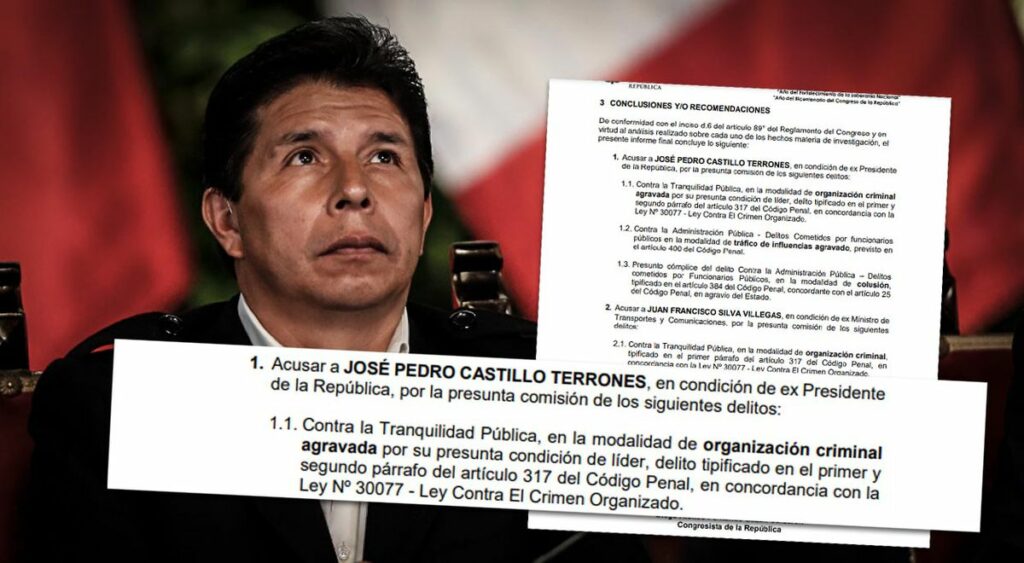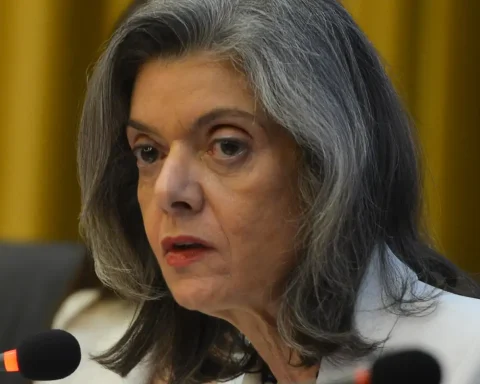For the former Minister of Economy, Juan Ariel Jimenezthe public trust bill, which was approved in the Senate and which has now passed to the Chamber of Deputies, has a fundamental problem, more than a semantic one, as was argued about the position raised by the ex-official of the Dominican Liberation Party (PLD).
In addition to ensuring that the law, if approved, would represent a “huge setback to transparency and institutionality” of the Dominican RepublicJiménez clarified that the semantics have to do with the purchasing and contracting processes, which will be done following the principles of the same, but rather the procedures of said regulations must be followed.
“Is not the same. One principle is that there is competition; valid. But the procedure established by Law 340 is each one of the steps that the purchase process must follow to guarantee that principle of competition. That is first. We cannot understand that because the principles are followed, that is poetry,” explained Jiménez, who is also a member of the PLD Political Committee.
In this sense, the PLD player considers that Congress, in order to authorize the Executive Branch to use public funds, defines the mechanisms that must be followed.
«Normally it must come from the Legislative to the Executive. It is not the Executive in one arm telling the Executive in another arm how to do things,” said the former minister.
According to Jiménez, the proposed law in article 13 exempts public trusts from complying with the procurement and contracting law, replacing it with a “regulation specific to each trust,” which becomes a violation of Law 340. -06 article 2 and the judgment of TC 0305 of December 2014.
«In a few words, these public trusts will be able to buy and contract “as they want”, without the due competition and transparency established by the purchasing law for any entity that uses public funds. This is to relax the controls in the management of State funds », he pointed out.
“Article 8 establishes that the debt contracted by the trust is not a public debt, which avoids the requirement of congressional approval and registration in Public Credit. In other words, a permit to borrow without anyone having to approve it, “explained the fighter on his Twitter account.
The project of Public Trust Lawwhich was prepared to meet the Senateestablishes that the Technical Committee It will be made up of three or five members, in an odd modality, but it does not set the time that the person who will preside over it will be in charge, despite the fact that it will be the highest-ranking official.
Read more: The Punta Catalina trust, for what?
The debts, loans and other financial obligations that are in charge of the trust will not be subject to the endorsement or guarantee of the state, since it will be exclusively affected by the trust patrimony; unless expressly and limitedly agreed otherwise in the act constituting the trust.
It is highlighted that the future law will order that firm or contingent credits contracted by the escrow They will only be enforceable against the public settlor, but when the latter has guaranteed the debt acting in its own name and the project has always given rise to the credit, that it be validated and “registered in the National Public Investment System (SNIP) or recognized as a contingent liability in the State.
The members will be appointed by the president of the Republic by decree. The initiative presented by the Executive power place the Chamber of Accounts and the Comptroller General of the Republic as supervisors of the administration of public trusts. It grants the power to the two entities of the Condition for the administration of the trust assets, management and disposal of the public funds that make up the assets, and the actions of public officials and agents that are part of the agencies or fiduciary governance.
